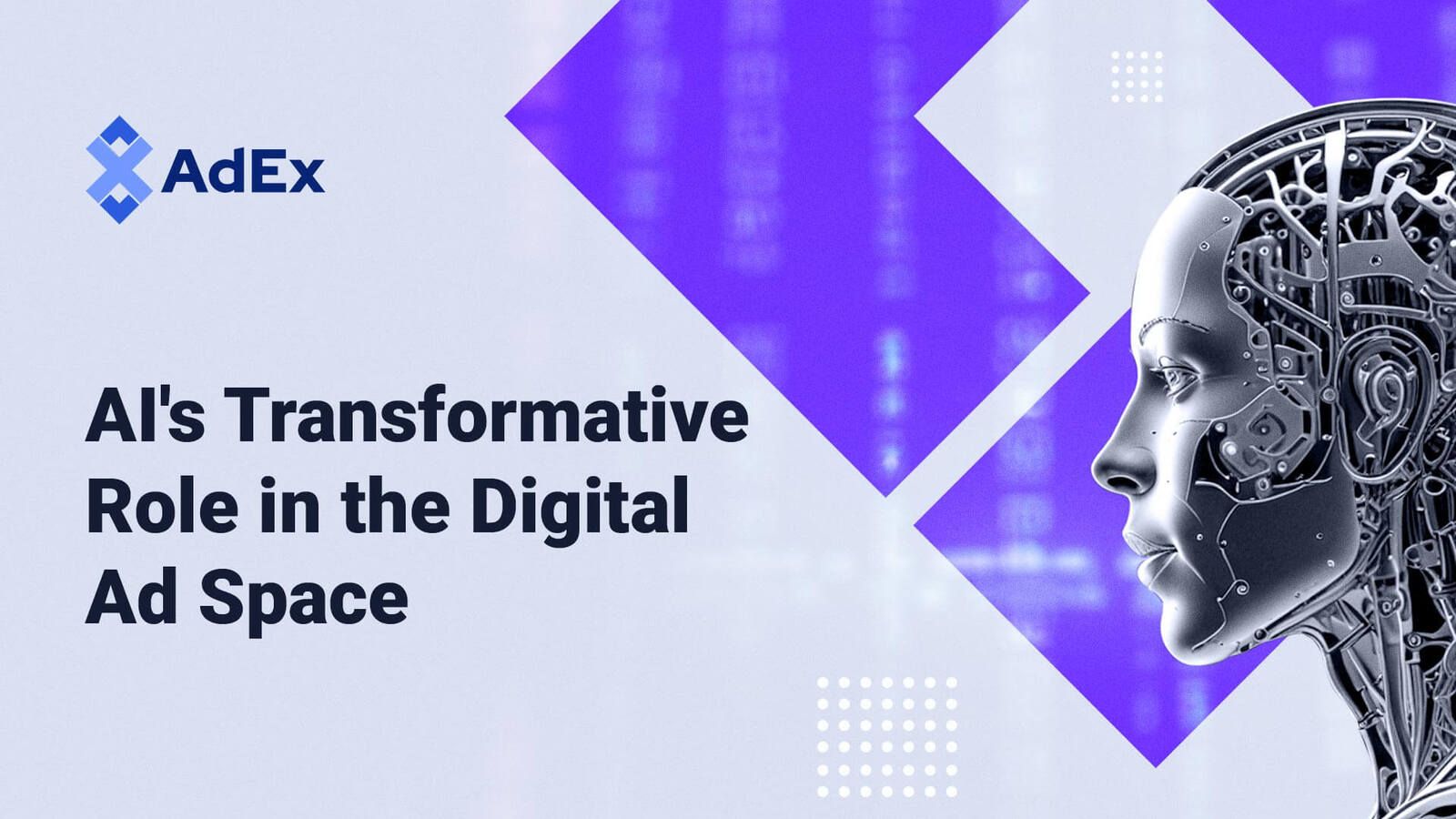AI's Transformative Role in the Digital Ad Space
A look at the impact of artificial intelligence on digital advertising, including its role in refining targeting strategies and preventing fraud to enhance campaign effectiveness and efficiency.

In today's fast-changing technological landscape, AI is rapidly revolutionizing various sectors. Particularly within digital advertising, AI's transformative potential is evident as both major companies and smaller enterprises leverage its capabilities to enhance performance and streamline operations. From optimizing targeting precision to combating ad fraud, AI fundamentally reshapes how advertisers engage with their audiences and achieve their campaign objectives. Let's explore how AI is revolutionizing digital advertising.
Adoption of AI tech by big industry players
The projected global revenues generated by AI tools utilized in marketing are forecasted to increase by approximately $80 billion between 2023 and 2027. Moreover, AI-enabled ad spending is expected to soar, reaching an estimated $1.3 trillion within the next decade.
Currently, major players such as Meta have created their own AI tools to enhance the relevance and effectiveness of advertisements. For example, Meta recently introduced AI-generated image variations and text for ads, simplifying the ad creation process and aiding advertisers in targeting their audiences more effectively. The newly introduced features are crafted to assist brands in enhancing their social content strategies while staying true to their core messaging and visual style.
Likewise, big agencies and programmatic ad platforms are adopting AI to streamline their operations and provide additional benefits to their users. AI tools serve various purposes, such as combating ad fraud, safeguarding user privacy, and automating targeting processes. An interesting example is GumGum’s Verity platform, utilizing AI to analyze website content and deliver contextual advertising, thus minimizing the need for extensive user data collection. Contextual targeting safeguards user privacy and proves highly precise, potentially leading to lower CPC and CPM rates.
Collaborative efforts between industry leaders like WPP and technology giants like Nvidia are also not rare and underscore a collective push to harness the potential of AI and adapt it to conventional advertising methods. In this collaboration, generative AI analyzes and incorporates content from established visual content providers such as Adobe and Getty Images. The result is the creation of responsive, customized creatives for digital ad campaigns optimized to suit specific platforms, regions, and cultural nuances.
Such partnerships empower advertisers to connect with consumers in deeply personalized and compelling ways, all while upholding the integrity, precision, and consistency of their brand identity, products, and logos. In turn, this contributes to optimized ad reach and performance.
How does AI boost innovation efforts
While tech giants develop their own AI solutions or engage in beneficial partnerships to offer them to clients, smaller companies exploring AI have the opportunity to innovate and target specific industry verticals or niche markets. In these spaces, they can provide specialized solutions tailored to unique advertising needs.
For instance, startups like Omneky and Movio leverage advanced AI models to create visually compelling and effective content, enabling advertisers to connect with their target audience amidst a competitive landscape. VeraViews represents another example of a company utilizing AI to address a niche issue. Their advertising stack tool incorporates blockchain, AI, and machine learning to detect and prevent bot and fraudulent traffic in video ads.
AdEx is an innovative company harnessing AI to enhance campaign performance through a multifaceted approach. By leveraging various AI tools, AdEx aims to combat ad fraud, optimize targeting precision, allocate budgets efficiently, and generate compelling campaign creatives.
AdEx's AI algorithms continuously monitor and analyze traffic to prevent ad fraud and ensure effective utilization of campaign budgets. Additionally, the platform offers dynamic creative personalization and predictive performance insights, enabling advertisers to make informed decisions and adapt their campaigns for optimal results. This empowers advertisers to maximize their return on investment while streamlining campaign management processes.
Conclusion
AI technology is fundamentally reshaping the landscape of digital advertising, offering innovative solutions to address the challenges and inefficiencies that have persisted in the industry. As major players and smaller companies alike embrace AI-powered tools and platforms, there is a collective effort to enhance campaign effectiveness, improve targeting precision, and combat issues such as ad fraud and privacy concerns.
The collaborative endeavors between industry leaders and technology giants underscore a commitment to harnessing AI's potential to revolutionize conventional advertising methods, leading to more personalized, compelling, and efficient digital ad campaigns. With AI's continuous monitoring and analysis capabilities, advertisers can navigate the evolving digital advertising landscape more confidently, maximizing their return on investment while delivering more relevant and impactful consumer experiences.
Interested in AdEx? Follow us:
X (Twitter) | Telegram | Reddit | Facebook | LinkedIn
